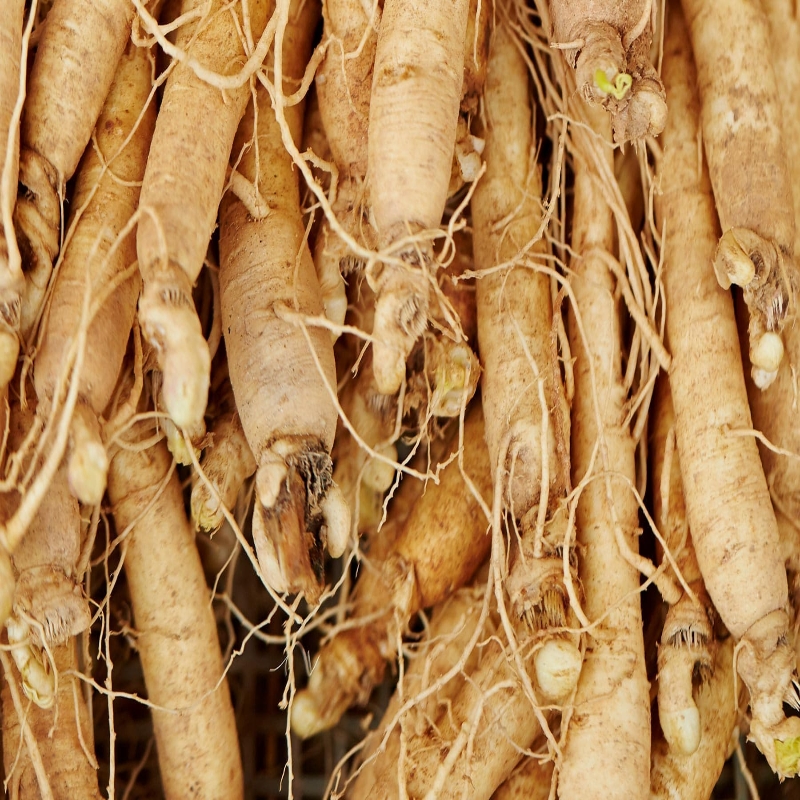-
Categories
-
Pharmaceutical Intermediates
-
Active Pharmaceutical Ingredients
-
Food Additives
- Industrial Coatings
- Agrochemicals
- Dyes and Pigments
- Surfactant
- Flavors and Fragrances
- Chemical Reagents
- Catalyst and Auxiliary
- Natural Products
- Inorganic Chemistry
-
Organic Chemistry
-
Biochemical Engineering
- Analytical Chemistry
-
Cosmetic Ingredient
- Water Treatment Chemical
-
Pharmaceutical Intermediates
Promotion
ECHEMI Mall
Wholesale
Weekly Price
Exhibition
News
-
Trade Service
RNA interference (RNAi) plays multiple biological roles in eukaryotic organisms to regulate gene expression. RNAi also operates as a conserved adaptive molecular immune mechanism against invading viruses. The antiviral RNAi pathway is initiated with the generation of virus-derived short-interfering RNAs (siRNAs) that are used for subsequent sequence-specific recognition and degradation of the cognate viral RNA molecules. As an efficient counter-defensive strategy, most plant viruses evolved the ability to encode specific proteins capable of interfering with RNAi, and this process is commonly known as RNA silencing suppression. Virus-encoded suppressors of RNAi (VSRs) operate at different steps in the RNAi pathway and display distinct biochemical properties that enable these proteins to efficiently interfere with the host-defense system. Recent molecular and biochemical studies of several VSRs significantly expanded our understanding of the complex nature of silencing suppression, and also remarkably advanced our overall knowledge on complex host–virus interactions. In this review, we describe the current knowledge on activities and biochemical mechanisms of selected VSRs with regard to their biological role of suppressing RNAi in plants.







